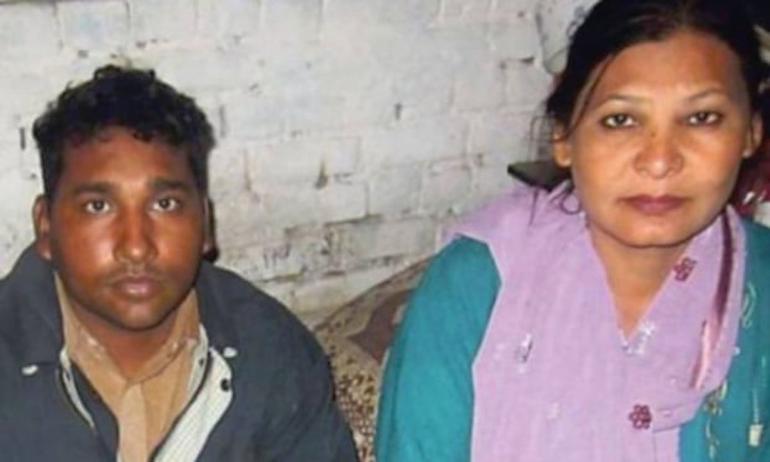Christian couple on death row for blasphemy in Pakistan have appeal deferred

An imprisoned Christian couple facing death sentences after being convicted of sending ‘blasphemous’ text messages have again had their appeal deferred.
Husband and wife — Shagufta Kausar and Shafqat Emmanuel — have been in prison since 2013 and were convicted and sentenced to death in April 2014.
The couple were due to have an appeal hearing at the Lahore High Court on Feb. 24, but it was postponed at the last moment. It has been six years since their appeal was first launched.
The couple’s appeal was earlier due to be heard in April 2020 but was delayed due to the pandemic. At another hearing, on Feb. 15, the judges left the court as they were due to hear the appeal.
The couple’s lawyer, Saiful Malook, who also represented the high-profile blasphemy case of Catholic woman Asia Bibi, told The Guardian that judges in the country avoid hearing the case out of fear, as blasphemy cases are highly controversial and often dangerous for those involved.
“We are not even given a date for next hearing. The judge keeps delaying the case due to fear, but it’s enough now. It should be heard. I fear for their lives,” Malook told The Guardian.
“Judges in Pakistan will rarely hear cases of blasphemy until there is political or international pressure. There is no substantive proof against my clients, and they should have been released long ago,” he said.
The couple face execution for sending texts deemed ‘blasphemous’ to a mosque cleric insulting the Prophet Mohammad, from a phone containing a sim registered in Shagufta’s name. Both deny the allegations and believe that the sim was obtained by someone using a copy of her national identity card, said rights group Amnesty International in a statement. - LiCAS.news
Radio Veritas Asia (RVA), a media platform of the Catholic Church, aims to share Christ. RVA started in 1969 as a continental Catholic radio station to serve Asian countries in their respective local language, thus earning the tag “the Voice of Asian Christianity.” Responding to the emerging context, RVA embraced media platforms to connect with the global Asian audience via its 21 language websites and various social media platforms.














